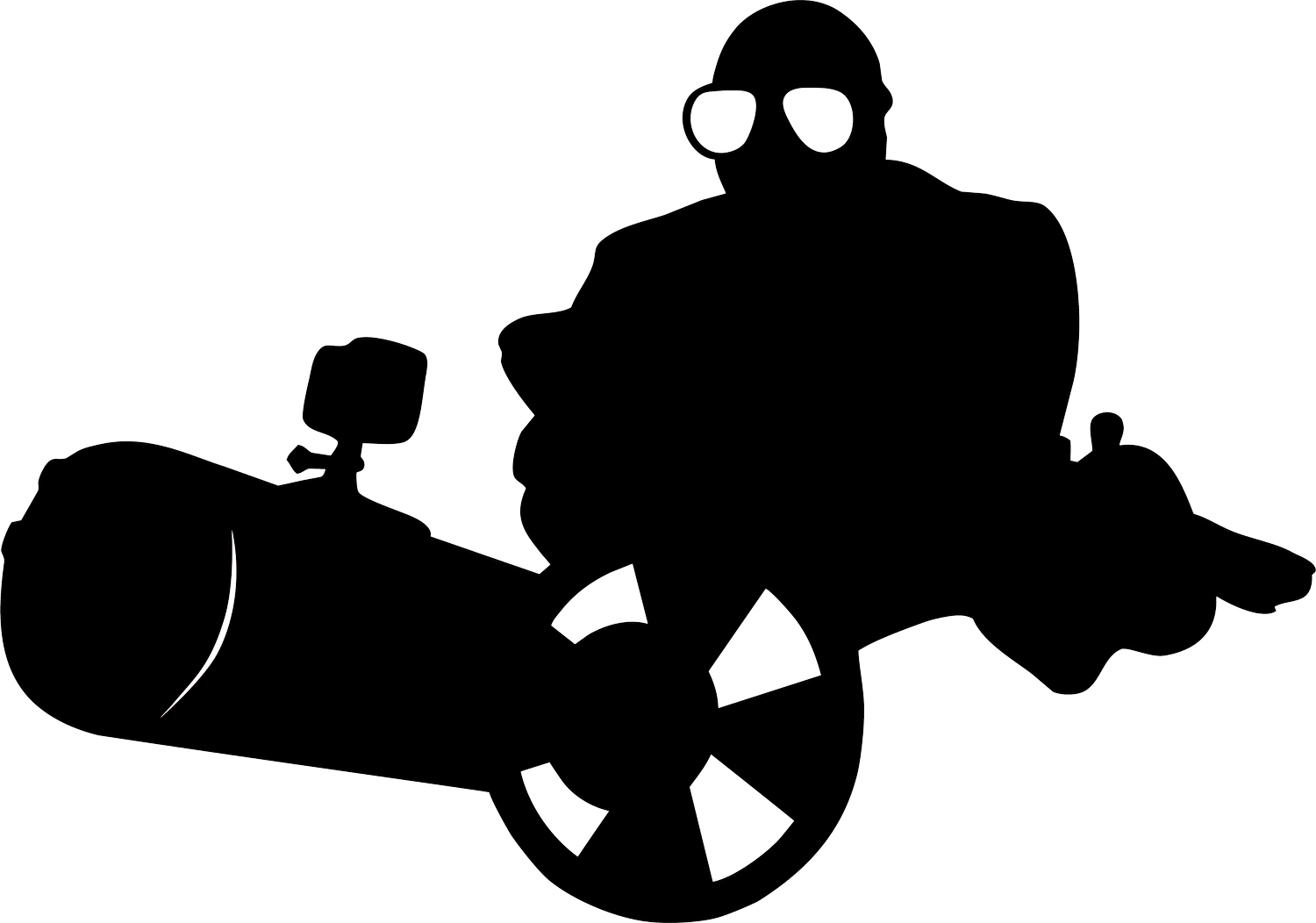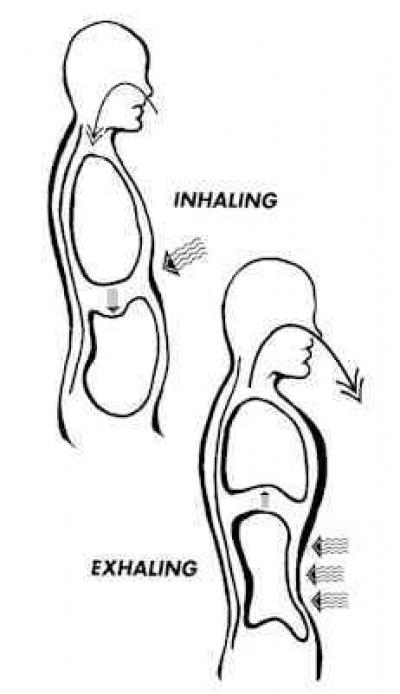Back to the Basics - Breathing
/Finding yourself needing a more lead on your weight belt than others? Feel like you are the first one to call dives because of air consumption? A common problem among divers is their inability to breathe properly. Many divers are vulnerable to over exertion, fatigue, hyperventilation, carbon dioxide retention (headaches) and stress because they do not maintain efficient breathing patterns while underwater. It is easy to think that you breathe efficiently, but in reality, proper breathing techniques take a long time to master. Inefficient breathing techniques is not only the leading cause of buoyancy issues in the water but overall performance. Good breathing skills are as important to recreational divers (especially new divers) as they are to technical divers.
Mastering breathing techniques is essential for all levels of diving, not just cave or technical diving.
So, what can we do to start improving our breathing habits? There are a few basic concepts behind breathing properly and they must be practiced religiously. Discipline and patience are essential to optimizing your respiratory patterns. Once mastered you will not only find your diving more enjoyable but also your day-to-day disposition may become more relaxed.
This post cannot begin to outline the requirements and actions necessary for one to begin to master breathing control but perhaps I can address a few of the issues that might help you get started in the right direction. It is also important to keep in mind that good mental and physical fitness are distinct parts of diver composure.
If I take my time in the water and relax, why should I have to develop any special breathing skills?
The underwater world is much different than our air-breathing environment. We are not only subject to increased ambient pressure but a breathing system far different and physically demanding than the natural techniques we employ back on land. For that reason, we are vulnerable to stress both physically and emotionally especially during times of problem solving and unexpected physical exertion. While underwater the mechanics of gas management can easily (and quickly) lead to many physiological problems that we are not necessarily predisposed to on the surface. If not handled properly a relaxed diver can quickly turn into an uncomfortable or panicky diver.
I have been diving for some time and feel that my breathing skills are pretty good. Do I still need to consider reassessing my breathing efficiency underwater?
A good diver is always working to improve his skills and knowledge of diving. There are also a number signs that your breathing techniques can use improvement:
Do you surface with headaches, short of breath, fatigued or exhausted after a dive?
Do you find that you are using your buoyancy compensator a lot?
Do you feel vulnerable to narcosis at depths around 80-130 FSW?
Do you feel like you have to add more weight than others to your weight belt?
Do you go through gas more than your buddy?
Do you struggle with perfecting your buoyancy skills?
These are all signs that indicate you may not be utilizing optimal respiratory exchange.
What is a good way to determine if I am not breathing as well as I could underwater?
Sit down and focus on something simple but impressive to you like a favourite painting, photo or sculpture; anything that stimulates you mentally but not in an overwhelming fashion. Keeping your attention on the focal point, begin to slow your breathing down and strive to maintain what is a called a 6:3:6. That is a slow 6 second inhalation, followed by a 3 second pause (not a hold) followed by a slow 6 second exhalation. Breathe using your stomach (diaphragm) muscles, not your upper chest (intercostals) muscles. If it is difficult or requires any effort to maintain for any period of time then you likely need to spend some time working on your breathing technique. A diver with good breathing skills will be able to maintain an 8:3:8 even under circumstances where physical exertion is required.
How can I develop these special breathing techniques?
Deep slow diaphragm breathing is not a difficult way to breathe. Most people are used to breathing shallow and through their nose drawing gas in and out of the upper portions of their lungs. Once in the water and under pressure an individual is subject to the greater partial pressures of different gases where flushing the bad gases with the good is important.
Gas Exchange and Breathing
Correct breathing technique is critical for efficient gas exchange. It influences not just air consumption, but CO2 retention, narcosis and even decompression.
To do this we want to draw the fresh oxygenated gas to the lower portions of our lungs where there is a greater flow of blood and gas exchange potential. A diver needs to train his body and specifically his mind to comfortably draw gases in and out with his diaphragm muscles without putting much mental or physical effort into it. This requires practice and training and lots of it.
It also requires that a diver become accustomed to mouth breathing where the intake brings in cold, dry compressed gas. Yoga and breathing workshops are excellent places to work on breathing skills. Some even adopt a great deal of the eastern philosophies that include the application of energy centers and meditation. Another option is taking a free-diving course where they teach breathing control.
How long does it take to develop?
Proper breathing techniques can take months and even years to master. You will know when you have begun to master them when your breathing rate remains consistently deep and slow even during moments where you are experiencing stress and exertion. Breathing skills should be practiced every night before you go to bed and 5-10 minutes before each dive. Many divers invest hundreds, if not thousands of dollars in equipment and training to master some of the most basic diving skills however, proper breathing control is a fundamental skill-set that is essential to maintaining peak performance in all facets of diving activity.
~Safe Diving





